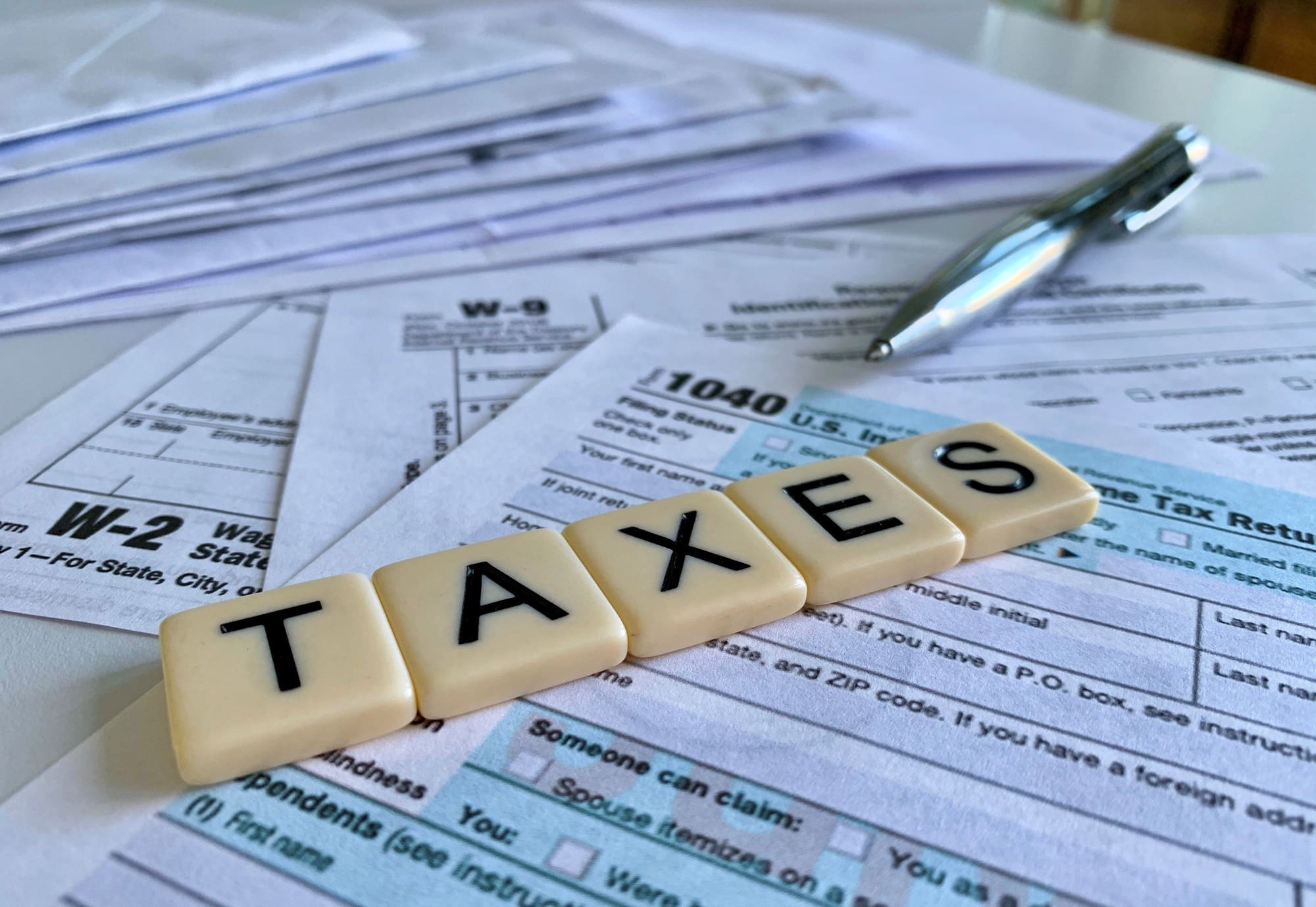HMRC collected a record £6.1bn in inheritance tax in 2021-22, the previous tax year. That represents a jump of 14% on the £5.4bn collected in the previous year. It is the largest single-year rise since the 2015-16 financial year, when receipts rose by 22% (£848 million). It means the average inheritance tax bill has increased by £7,000 per estate to £216,000.
The total number of UK deaths that resulted in an inheritance tax charge has also increased. HMRC data shows there were 23,000 such deaths in the tax year 2019 to 2020. That’s an increase of 4% on the previous year.
Why are we paying more inheritance tax?
Inheritance tax is a tax on the estate of someone who has died – and that estate includes all of their property, possessions and saved or investment money. Everyone is entitled to a tax-free inheritance tax allowance, but if the value of your estate exceeds it, then it may be subject to inheritance tax, which is taxed at a flat-rate of 40%.
So why is the tax increasing as anticipated.
Frozen Allowances
The nil-rate band – the total value of your estate that can be inherited tax-free – has been at £325,000 since 2010-11. The newer residence nil rate band – the extra allowance given on a main home – was first introduced at £100,000 in 2017 and increased incrementally each year until it reached £175,000 in 2020-21. Both allowances are due to remain frozen until 2026, at which point inheritance tax figures are predicted to have risen to £8.3bn, according to the Office for Budget Responsibility.
Rising Property & Asset Prices
This is coupled with rising property prices, which means an increasing number of people who were previously unaffected by inheritance tax may soon find their estates exceed their allowances.
No Planning
Many individuals shy away from anticipating the biggest tax imposition of their lives. The potential threat of capital gains tax on gifts and an obsession with clinging on to absolutely all their wealth and assets until the end are the main excuses for most. Ineffective or confused planning can be even worse than doing nothing and can jeopardise crucial reliefs! Either way, the legacy passed to the family can be up to a mere 60% of what they were be expecting. Inheritance tax is all about succession and family and one often finds that serious discussions during lifetime were studiously avoided by all family members with individuals even dying intestate.
It can all be avoided but to do that you need to put together a realistic estimate of your estate and calculate the inheritance tax on death after the above-mentioned reliefs. That is the starting point!


